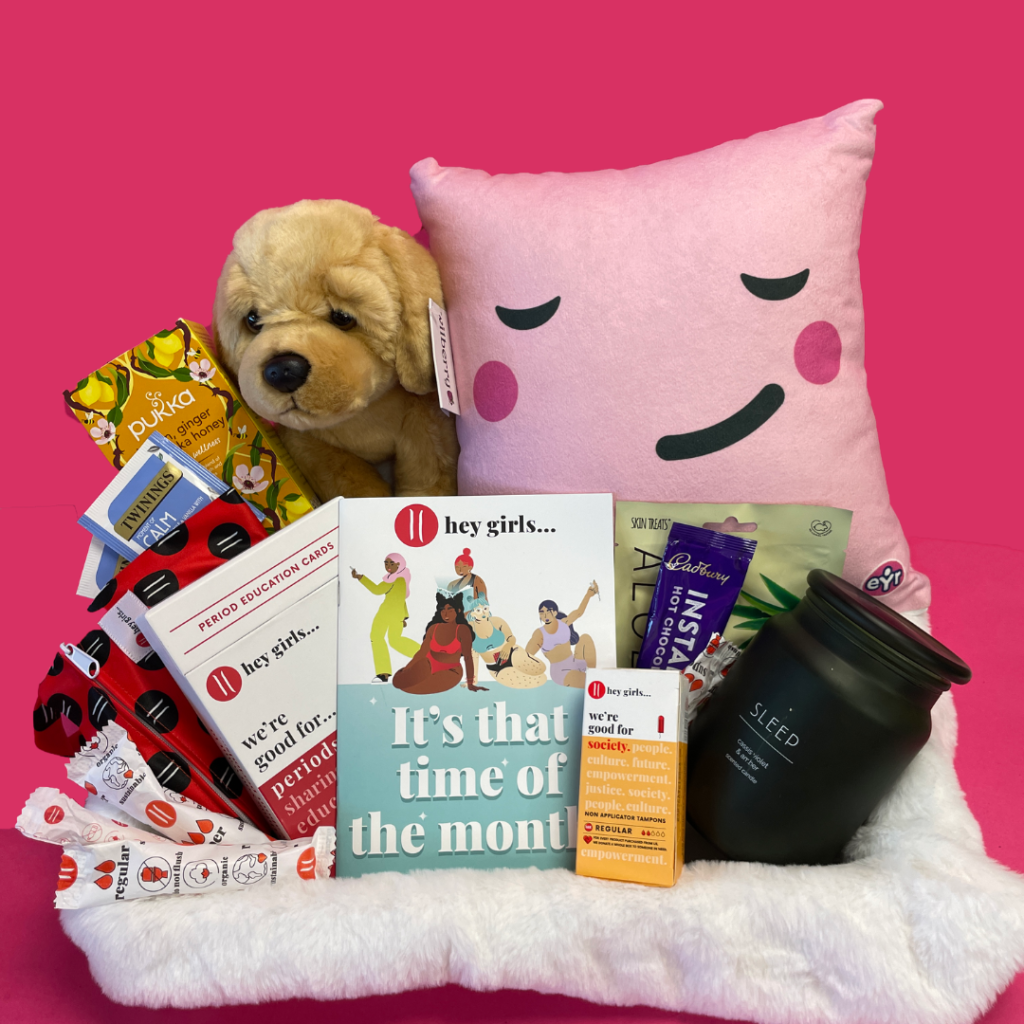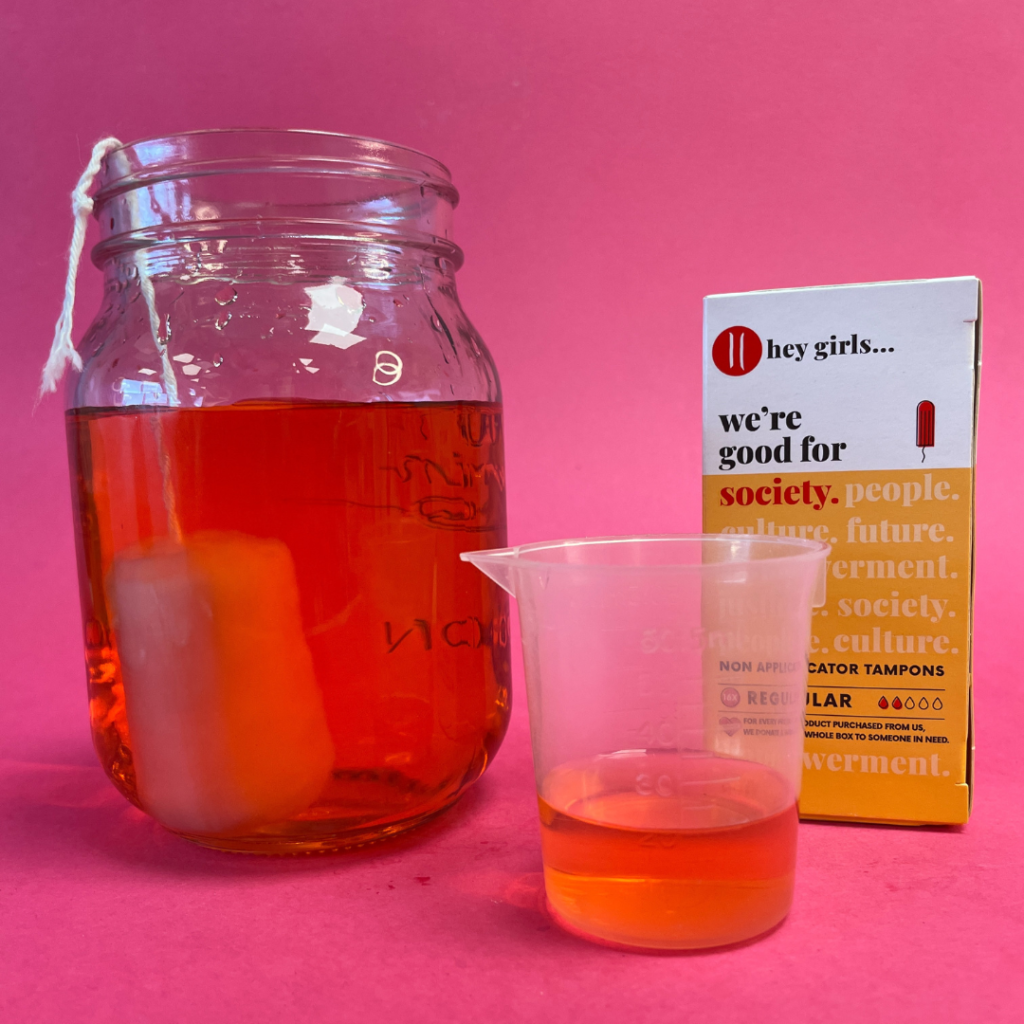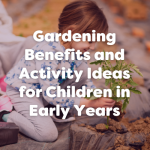This blog has been written Hey Girls, an award winning period product social enterprise. Hey Girls have partnered with EYR as part of their longstanding mission to educate others on period poverty and ensure that everyone has access to sustainable period products. Their range of period products are proudly sustainable and operate on a “buy one, donate one” policy. In this blog they discuss the importance of talking about periods with children and offer some great ways to do this.
Why is it important to talk about Periods with children?
Let’s get real… Periods are a natural, normal part of life. Yet, for many children, the first time they hear about periods is when they’re already experiencing them, often in an atmosphere clouded by embarrassment or misinformation.
It’s time to change the narrative. Open, age-appropriate conversations about periods with children are key to fostering a healthy and informed attitude. Here’s why, and how, you can help break the cycle of silence and stigma.
How can we break taboos surrounding periods?
Periods have long been surrounded by cultural taboos and stigma. From whispers in hallways to euphemisms like “Aunt Flo,” society sends a clear message… This is something to hide. But when we shy away from these conversations, we reinforce shame and confusion.
By talking to children about periods early, we can challenge these outdated ideas. Normalising periods helps children understand that they’re just another part of growing up. These discussions also promote body positivity and help kids embrace their bodies with confidence.
Early Education: For Every Child, Not Just Girls
Let’s be clear: conversations about periods shouldn’t be limited to those who will experience them. Boys need to learn about periods, too. Why? Because informed kids grow into empathetic adults.
When boys and girls alike understand periods, we reduce gender-based misconceptions and create a more supportive environment for everyone. Education about periods isn’t just a lesson in biology, it’s a lesson in empathy and respect.
How to start conversations around periods…
1. Encouraging Open Dialogue: Creating a Safe Space
Parents and teachers play a crucial role in breaking the cycle of silence. Here are a few tips to start the conversation:
- Start Early: Use age-appropriate language and keep it simple. For younger kids, focus on the basics, like how periods are a healthy bodily function.
- Be Honest: Avoid euphemisms and myths. Stick to clear, factual information to build trust and credibility.
- Create a Safe Space: Encourage kids to ask questions. Let them know there’s no such thing as a silly or embarrassing question.
2. Get Hands-On: Make Learning Fun and Interactive
Interactive activities can make these conversations less intimidating and more engaging. Here are a few ideas:
- Educational Games: Use quizzes or games to teach kids about the menstrual cycle and related topics.
- Art Projects: Encourage kids to express what they’ve learned through drawings or crafts.
- Q&A Sessions: Host storytelling or question-and-answer sessions where children can openly discuss their thoughts and feelings.
- Create a “Period Kit”: Build a period kit together, including essentials like pads, wipes, and a comforting item. This hands-on approach not only educates but also empowers children to feel prepared.



3. Foster a Supportive Community
And finally, when parents, teachers, and peers all participate in these conversations, it sends a powerful message: periods are nothing to be ashamed of. By creating an environment where children feel supported and informed, we can help the next generation grow up with a healthier, more positive outlook on their bodies.
So, let’s talk openly, honestly, and often. Because when we normalise periods, we empower kids to be confident, empathetic, and ready for whatever life throws their way.
Let’s change the story together. Period.





